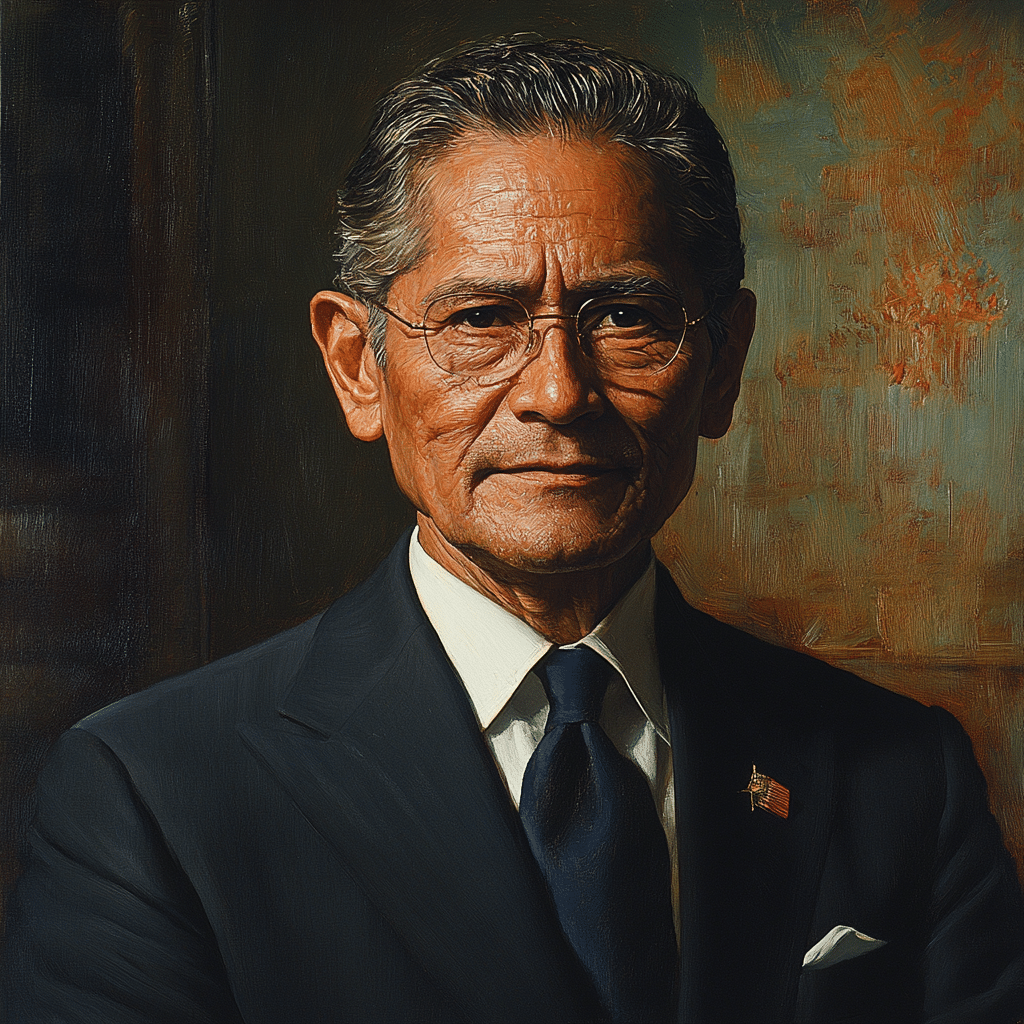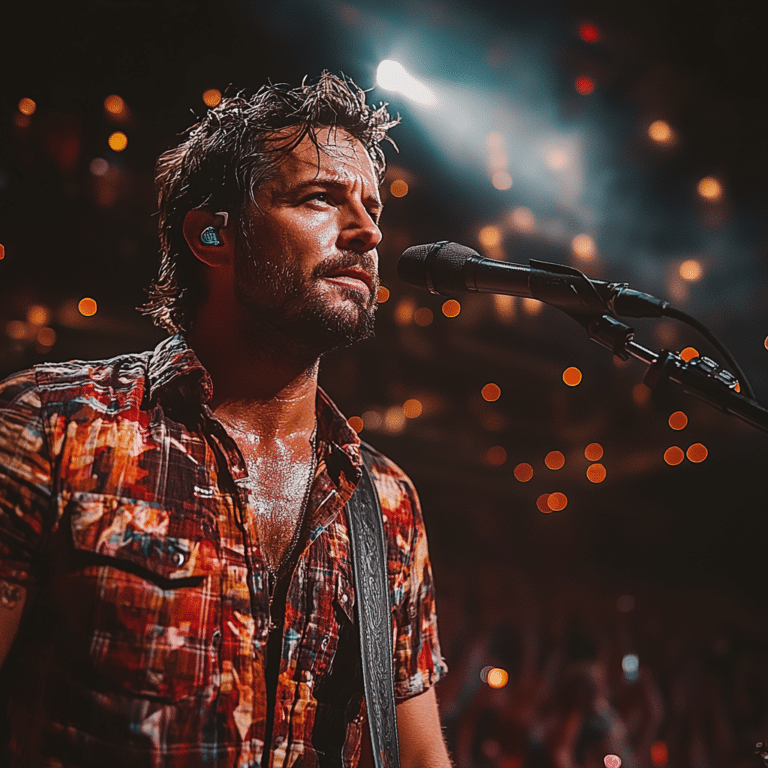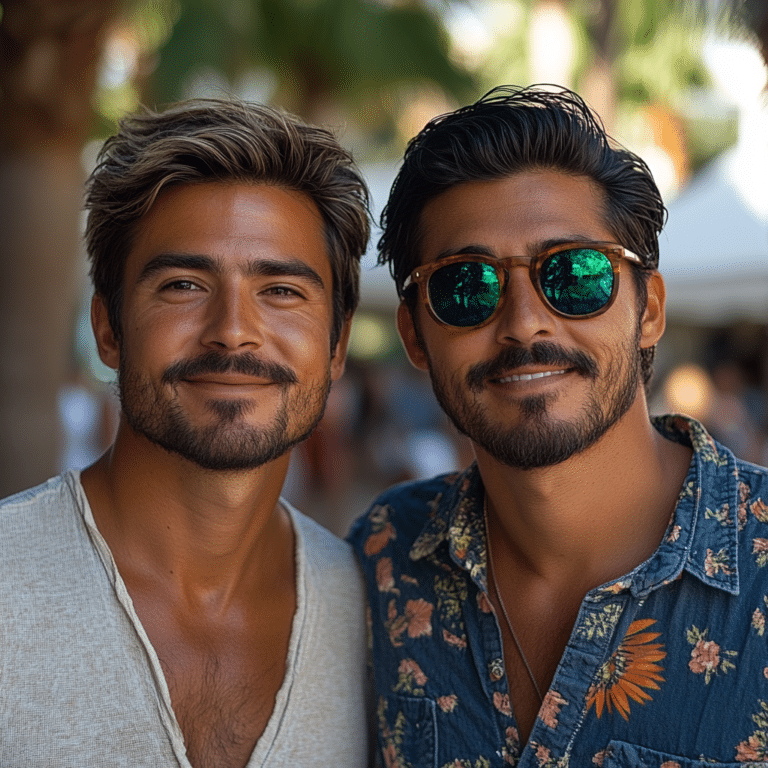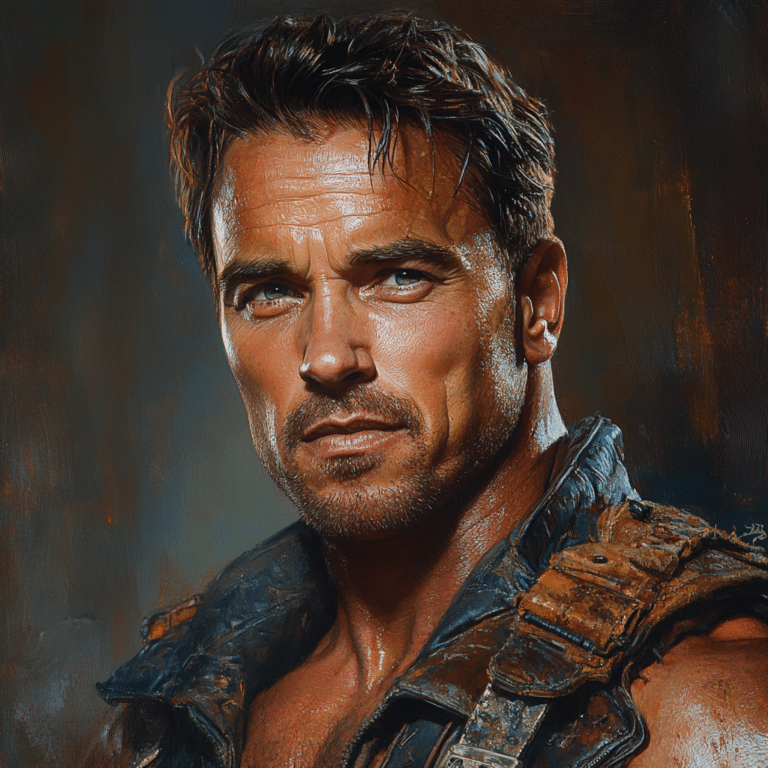1. A New Era for El Salvador: The Rise of Nayib Bukele
Nayib Bukele, the current President of El Salvador, took office on June 1, 2019, ushering in a transformative era for a country long burdened by crime and economic instability. A businessman by trade, Bukele has successfully leveraged his social media savviness to connect with citizens, setting himself apart from the traditional politicians who have often failed to address the public’s concerns. His leadership marks a significant departure from the past, focusing on reducing crime, improving economic conditions, and fostering better relations with the United States. El Salvador is seeing a glimmer of hope, with many regarding Bukele’s presidency as the dawn of change in a nation that has long struggled with challenges.
Bukele’s distinctive style and approach have resonated with the masses. He communicates directly, often through social media, creating a transparent dialogue that was sorely missing from previous administrations. His someone-you-can-trust persona has made him popular, but it’s also created a divide among critics who argue that he is treading a dangerous path towards authoritarianism. As the President of El Salvador, he faces the task of navigating the fragile balance between popularity and democratic governance, a feat that is easier said than done.
In doing so, Bukele has connected powerfully with issues Americans hold dear, such as strong national security and economic opportunity. The United States has a vested interest in El Salvador, especially given the long-standing issues of migration and economic cooperation. Navigating these complex political waters is no small feat, but Bukele’s determination to forge a better future for his people holds promise for a nation in need of revitalization.
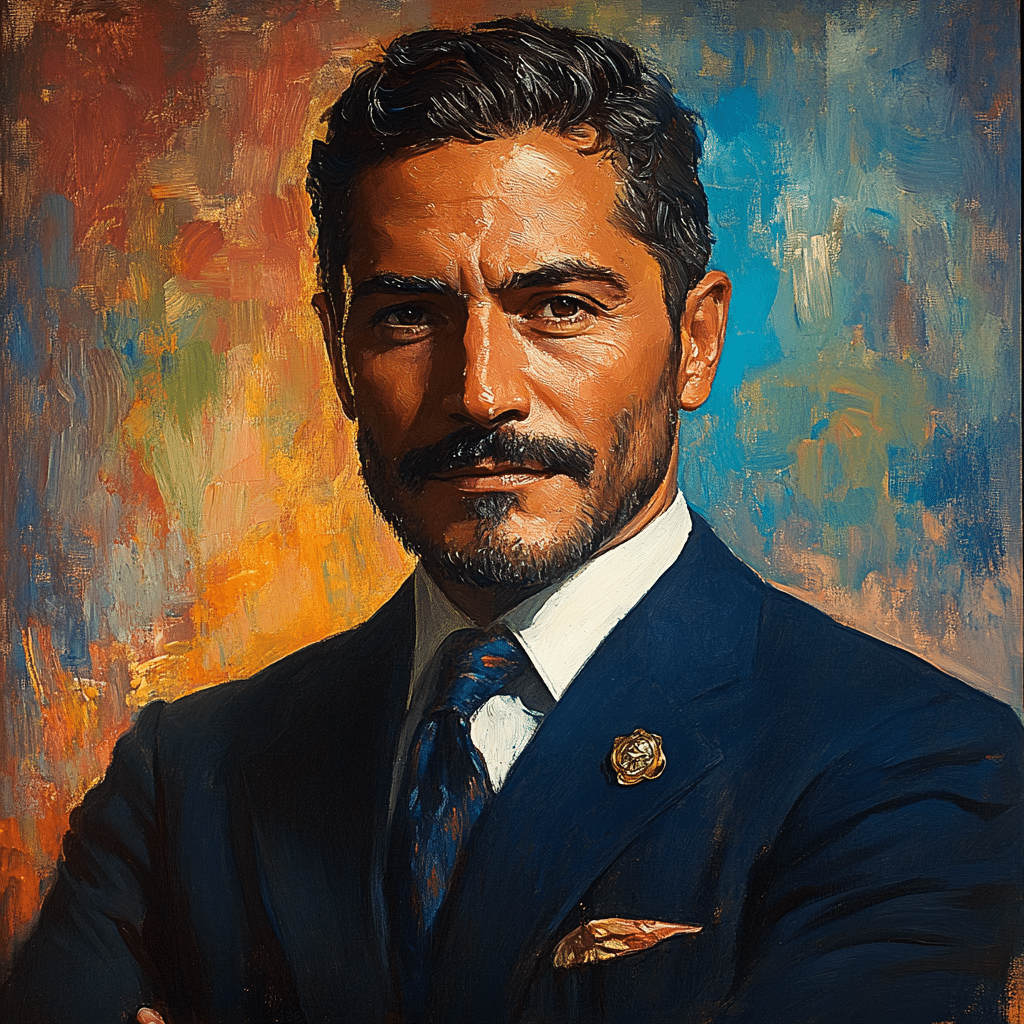
2. Top 5 Bold Initiatives by Nayib Bukele
Nayib Bukele’s brand of leadership has propelled him into global headlines, with several bold initiatives that have received both applause and criticism. Below are five defining actions taken by the President of El Salvador that highlight his unorthodox yet effective strategy:
2.1. Bitcoin Adoption
September 2021 saw Bukele making waves as he became the first national leader to adopt Bitcoin as legal tender. This groundbreaking initiative aimed to promote financial inclusion and attract international investment. Critics warned of market volatility and the potential risks of cryptocurrency dependence; however, Bukele remains undeterred, firmly believing Bitcoin will usher in economic revitalization, making El Salvador a pioneering force in the crypto world.
2.2. Gang Violence Crackdown
With gang violence being an enduring issue, a central theme of Bukele’s leadership has been a stern crackdown on notorious gangs like MS-13. He deployed thousands of military and police forces to tackle rampant insecurity, implementing a “state of emergency” that suspended certain constitutional rights specifically targeting gang members. As a result, the homicide rate saw a dramatic decline, and citizens weary from violence rallied behind Bukele, viewing him as a protector of peace.
2.3. Investment in El Salvador Soccer
Soccer, a beloved sport in El Salvador, has received renewed vigor under Bukele’s administration. He has been instrumental in bolstering the national soccer team’s profile through improved infrastructures, increased funding for youth programs, and even initiatives to attract international tournaments. By fostering national pride and channeling youth energy away from gangs, Bukele’s focus on sports is a sharp contrast to the bleak narratives often associated with his country.
2.4. Infrastructure Development Projects
In pursuit of modernity, Bukele has initiated ambitious infrastructure projects aimed at transforming daily life. Under his leadership, hospitals are being built, roads are being improved, and public transportation systems are undergoing significant upgrades. One notable project is the construction of a new international airport, promising to elevate both tourism and local business, illustrating Bukele’s commitment to economic growth and a better quality of life.
2.5. Anti-Corruption Measures
Corruption has long plagued El Salvador’s political landscape. Bukele has made it his mission to instill a sense of integrity and transparency in governance. His administration championed new measures to curb corruption, including practices that promote accountability in government spending. Bukele’s candid communication style and engagement through social media have bolstered public sentiment towards these reforms, encouraging citizens to hold their government accountable.
3. The Balancing Act: Popularity vs. Criticism
While Nayib Bukele enjoys significant public support, his actions aren’t without controversy. Detractors point to his increasingly authoritarian approach, particularly accusations of undermining judicial independence. Critics express concern over his willingness to sidestep democratic norms when it suits his agenda.
The challenge for Bukele lies in balancing this fine line. His popularity suggests people appreciate decisive leadership in a country plagued by uncertainty. However, maintaining that popular support hinges on his ability to uphold the values of democracy. As he makes bold moves, the scrutiny intensifies; Bukele must find a way to navigate the complexities of governance while maintaining the trust of his constituents.
In the end, his presidency raises a fundamental question: can a leader receive broad support while respecting checks and balances? The world watches closely as Bukele’s governance will likely set precedents for other leaders in a region filled with political strife.
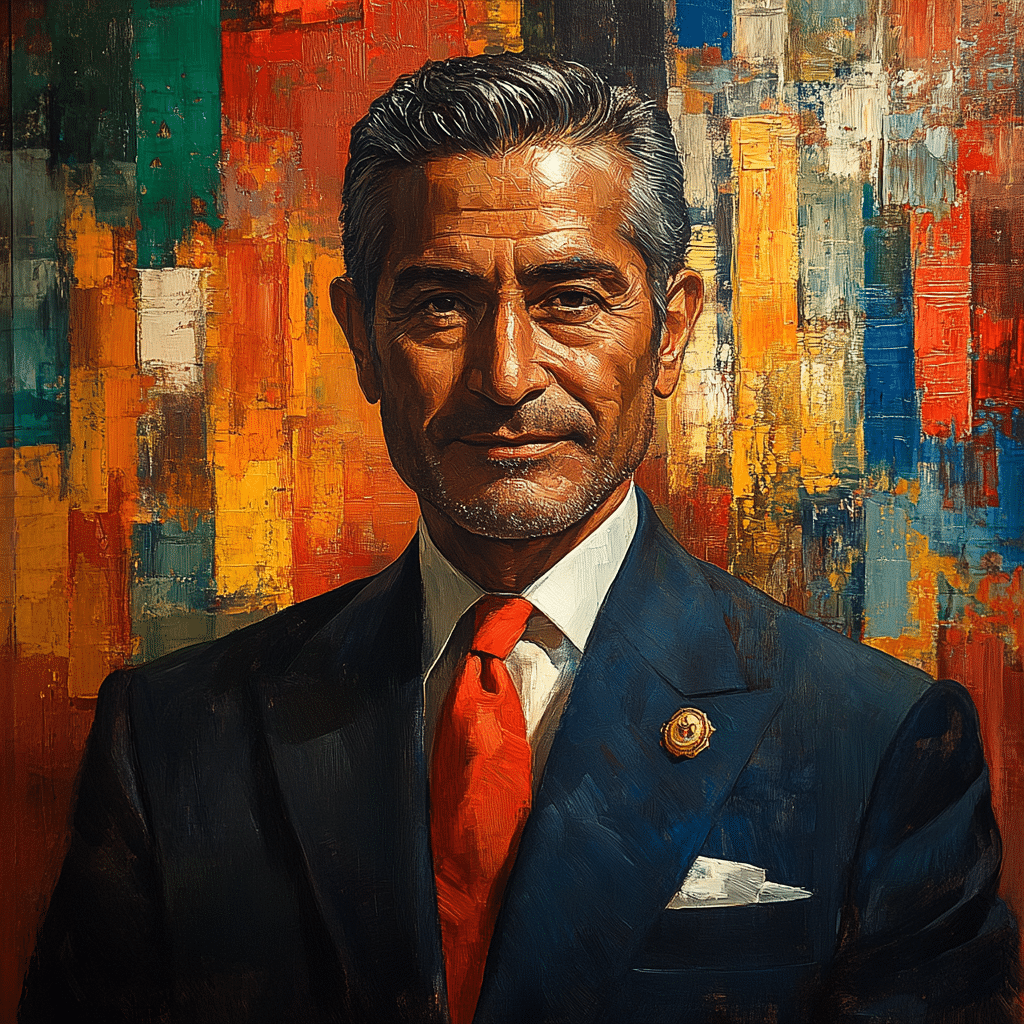
4. El Salvador – A Model for Latin America?
Nayib Bukele’s tenure has captured the attention of observers throughout Latin America. Many view him as a trailblazer for innovative governance, with aspirations that his reforms might inspire change in neighboring countries. However, whether his path leads to sustainable success or slips into cautionary tales remains open to debate.
The sustainability of initiatives, especially with Bitcoin’s market volatility, looms large. If his controversial economic strategy pays off, it could spark a wave of similar policies in the region. Conversely, if setbacks arise, political opponents might seize the opportunity to undermine the very reforms Bukele champions.
As the President of El Salvador, Bukele has potential not just for El Salvador but for Latin America. His bold moves could create a template for reshaping governance, especially in nations often weighed down by corruption and stagnation. The stage is set for a transformative moment—can he deliver a legacy of progress or end up as another cautionary tale?
The Future of El Salvador Under Bukele
Looking toward 2024, Nayib Bukele’s presidency stands at a crossroads filled with potential and peril. His bold actions have significant implications not only for his administration but for the well-being of all Salvadorans. As the nation grapples with economic realities and the shifting landscape of public opinion, it remains to be seen whether his innovative governance can translate into sustainable progress.
One thing is clear: Bukele’s leadership will shape the future trajectory of El Salvador. The challenges ahead are monumental, yet the war chest of support he enjoys places him in a unique position. How he maneuvers through criticism while honoring democratic principles will define his legacy.
In a world closely monitoring El Salvador—a nation often overlooked in discussions about democracy and economic stability—Nayib Bukele’s presidency emerges as a pivotal moment for the nation. The eyes of many are on him, waiting to see if his bold initiatives can live up to the transformative aspirations that many hope they will satisfy.
As the saga continues, the *President of El Salvador* invites both appreciation and criticism, always standing squarely in the middle of the conversation about leadership for modern times.
The President of El Salvador: Fun Facts and Trivia
Breaking the Mold
Did you know that Nayib Bukele, the president of El Salvador, has embraced a modern image that resonates with younger generations? Instead of the usual formal attire, he’s been spotted sporting a white button up shirt that emphasizes a more relatable style. This choice mirrors the approach he takes to leadership—less traditional and more accessible. Bukele’s unconventional methods have led to significant changes, including a groundbreaking decision to adopt Bitcoin as legal tender, showcasing his forward-thinking mindset in a changing world.
Cultural Connections
Bukele’s influence goes beyond politics; he embodies a cultural shift. For instance, his leadership style echoes the sentiment of popular figures during significant public events, just like fans eagerly anticipate the upcoming Taylor Swift international tour. Meanwhile, his administration has prioritized transparency and engagement, creating a vibrant dialogue between the government and citizens—an approach similar to how celebrities maintain a connection with their audiences.
Unique Challenges
While leading El Salvador, Bukele has faced his share of challenges, reminiscent of significant historical events. His rise to power and the pressing issues of crime and economic instability relate to the broader narrative of leadership during turbulent times, much like the reverberations following the JFK assassination date. Additionally, recent natural disasters like the Santa Cruz flooding have tested his governance but also demonstrated innovative response strategies that underline his resilience.
So, how does Bukele’s presidency stack up against the pop culture icons of today? With influences as diverse as movies and television, it’s clear that he is weaving his narrative into the very fabric of contemporary life. From the music landscape to the entertainment industry, echoes of his leadership can be found in discussions about figures like Piper Perabo, whose Movies And TV Shows continue to reflect society’s complexities. In a world shaped by constant media influence, the president of El Salvador stands out, crafting a legacy that merges governance with striking cultural connections.
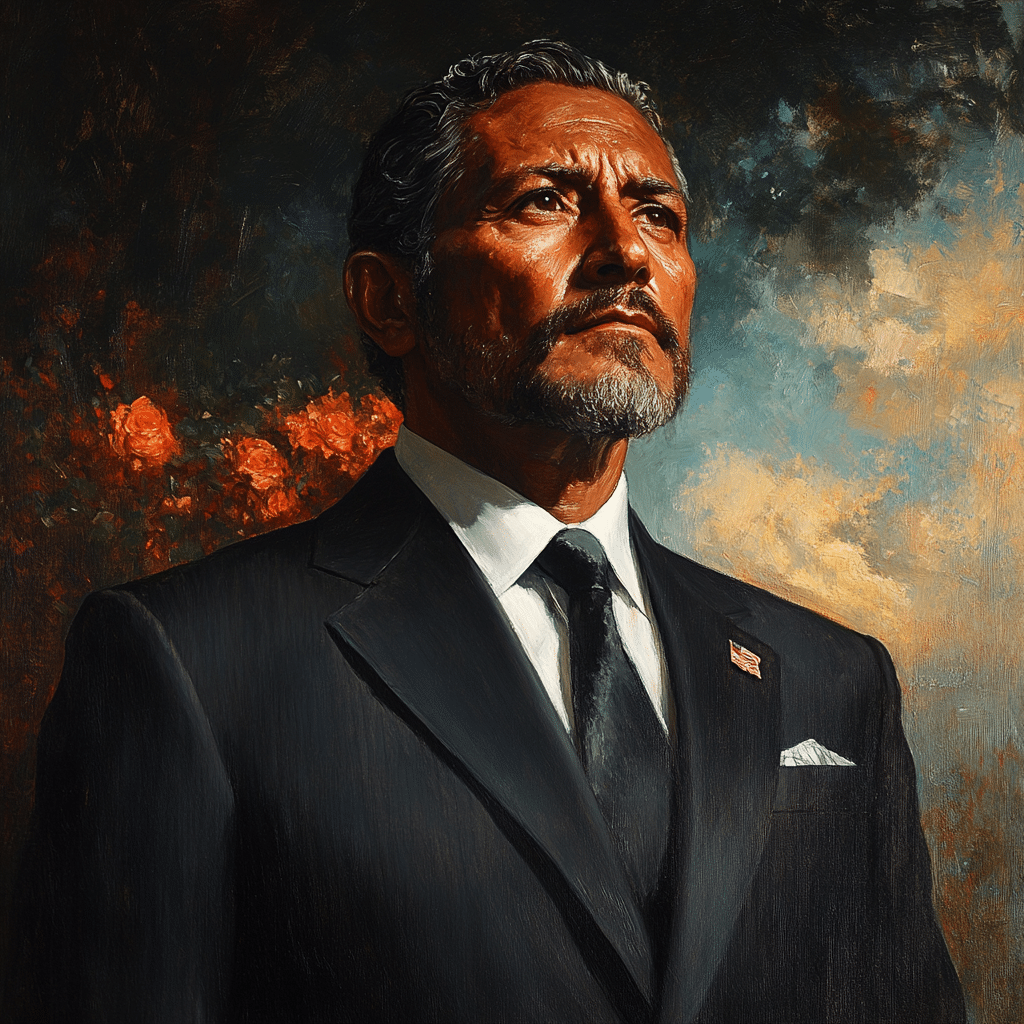
Who is the current President of El Salvador?
The current President of El Salvador is Nayib Bukele, who has held the office since June 1, 2019.
Who was the President of El Salvador assassinated?
Manuel Enrique Araujo is known as the only president assassinated in El Salvador’s history.
Where is Nayib Bukele’s dad from?
Nayib Bukele’s dad is from Palestine.
How is El Salvador doing with Bitcoin?
El Salvador has taken a unique approach by adopting Bitcoin as legal tender, leading to both challenges and some initial successes in encouraging adoption and investment.
Who is the current dictator of El Salvador?
There’s a lot of debate around Bukele’s leadership style, with some critics labeling him as a dictator due to his consolidation of power.
Who is the richest person in El Salvador?
Carlos Slim Helú is often considered the richest person with ties to El Salvador, though wealth rankings can vary over time.
Who has El Salvador gone to war with?
El Salvador has fought wars mainly with neighboring countries like Honduras, especially during the 1969 Football War.
What were Oscar Romero’s last words?
Oscar Romero’s last words were reported to be “May God have mercy on you,” directed towards those who threatened him before he was shot.
Why was El Salvador in a civil war?
The civil war in El Salvador was fueled by social inequality, political repression, and economic issues, sparking conflict from the late 1970s to the early 1990s.
What language is spoken in El Salvador?
The primary language spoken in El Salvador is Spanish.
Where does the president of El Salvador live?
The President of El Salvador officially resides in the presidential palace located in the capital city of San Salvador.
Who is Jessica Bukele?
Jessica Bukele is Nayib Bukele’s wife and has been active in various social initiatives in the country.
Does El Salvador use the US dollar?
Yes, El Salvador officially uses the US dollar as its currency alongside Bitcoin.
Who created bitcoin?
Bitcoin was created by an anonymous person or group known as Satoshi Nakamoto, who released it in 2009.
Who leads El Salvador?
Nayib Bukele leads El Salvador as its president, making key decisions for the country’s governance.
Who rules El Salvador?
Bukele’s leadership style draws criticism and support, leading some to say he rules in a strong manner.
What language is spoken in El Salvador?
Spanish is the language predominantly spoken in El Salvador.
How do you pronounce Nayib Bukele?
Nayib Bukele’s name is pronounced “Nigh-eeb Boo-kay-leh.”
Who took over El Salvador?
Nayib Bukele took over El Salvador when he was elected president in 2019.

